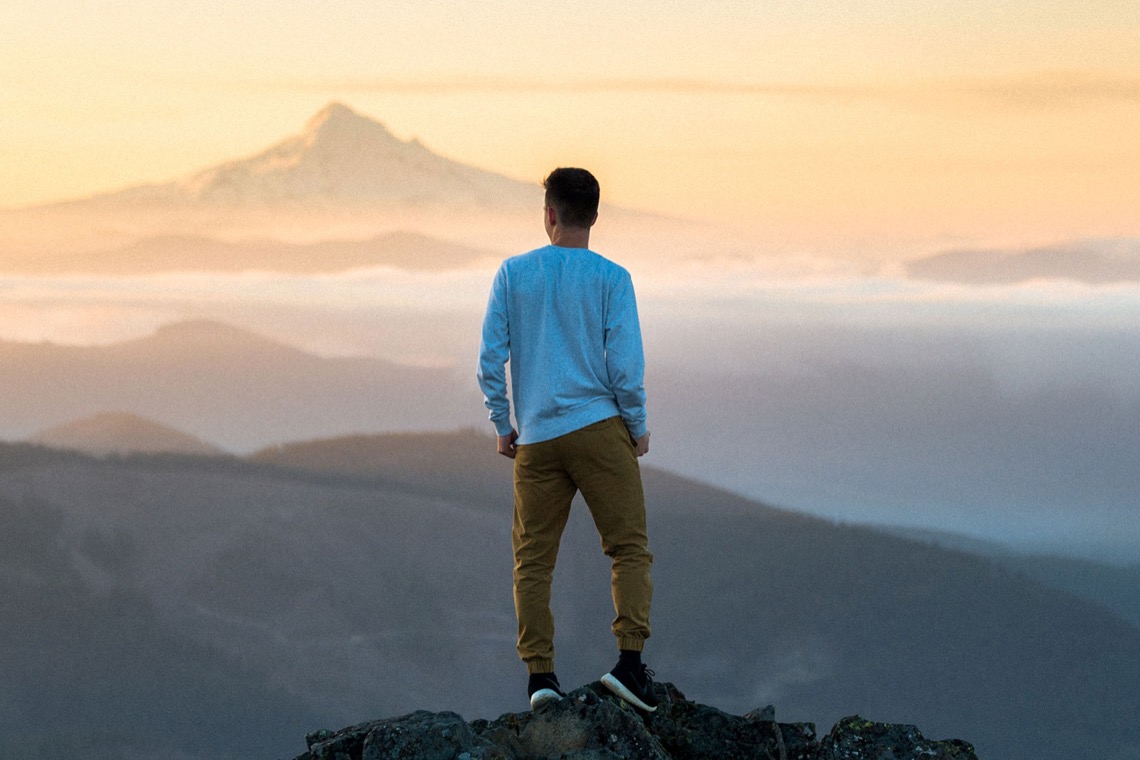Group camping & adventure tours
Here’s a detailed look at group camping & adventure tours in Sri Lanka — what kinds are available, strengths & challenges, plus suggestions for designing or using these tours. If you like, I can map out some possible adventure‑camp routes around Anuradhapura.
What exists already: Camping & Adventure Tour Options
These are some of the tour operators and services that offer group camping, adventure treks, wildlife safaris etc in Sri Lanka:
| Operator / Service | Type of Adventure / Camping Offered | Key Locations | Notes |
|---|---|---|---|
| Sri Lanka Trekking Team | Trekking, mobile camping, cave camps, jungle/nature hikes, bird watching etc. | Knuckles Mountain Range and other central hills | They do ready‑made as well as customised itineraries; eco & sustainable tourism orientation. |
| Sri Lanka Big Game Safaris (Eco Team) | Safari camps (glamping / tents) combined with wildlife tours in national parks; more comfortable camping ‒ “Big Game Camps.” | Yala, Udawalawe, Wilpattu etc. | Good for group wildlife viewing; tends to include amenities and comfort. |
| Pinnacle Tours – Wild Glamping Knuckles | Glamping (luxury camping tents) in natural settings; camping that balances comfort + wilderness. | Knuckles Mountain Range | Tents with en‑suite bathrooms, solar lighting etc. More upscale. |
| Pinnacle Tours – Venture Camps Knuckles | More rustic / bush‑camping style, minimal external utilities, immersion in nature. | Border of Knuckles forest conservation / Katool Oya area etc. | Emphasis on eco‑friendly, off‑grid experience (e.g. no electricity in tents, outdoor showers etc.). |
| Kandy Green Tours | Trekking + Lake camping (2‑night) trips; interactions with nature, villages, rivers etc. | Knuckles area, Badulla (Sorabora Wewa) etc. | Good for groups that want moderate adventure and also interaction with local life. |
| Ceylon Camping & Adventure Tour (via Sri Lanka Trip Planners) | Multi‑day adventure + wildlife + camping + eco lodge combinations. | Various national parks + natural regions. | Includes guide, transportation etc. More standard tourist model. |
What Makes These Tours Attractive for Groups
Here are some strengths / selling points:
Immersive nature experience — staying in wild or semi‑wild places, seeing wildlife, stars at night, interactions with remote landscapes.
Team bonding & group dynamics — group camping often leads to shared campfire meals, stories, collaborative activities.
Variety of adventure: trekking, wildlife safari, bird watching, river walks, sometimes canoeing or kayaking.
Flexibility for different levels — can offer easy/moderate vs challenging treks. Glamping for comfort, rustic camping for more adventurous.
Eco & sustainable tourism appeal — many operators are using eco‑friendly camps, minimal impact, solar lighting, etc.
Challenges / What to Manage Well
To run or participate in great group camping / adventure tours you need to watch out for:
Logistics & safety: transport to remote sites; ensuring guides are licensed; first aid, safety equipment.
Group size vs environmental impact: big groups can damage trails, make noise, generate waste; must plan low‑impact camping.
Weather / terrain variability: rain, slippery trails, river levels etc. can affect safety & comfort.
Comfort vs authenticity trade‑off: more rustic means less comfort; glamping costs more. Need to match customer expectations.
Permits / legal permissions: some areas (national parks, forest reserves) require permits. Camping might be restricted in sensitive zones.
Seasonality: monsoon, dry seasons affect accessibility, trail conditions, wildlife visibility.
Ideas for Group Camping / Adventure Tour Products
If designing new tours or enhancing existing ones, these are useful ideas/features to include:
Duration & Intensity Levels
1‑2 night weekend camps (easier, accessible)
Multi‑day treks with overnight camping and base camps
“Circuit” adventures (e.g. Knuckles circuit) that cover multiple peaks
Adventure Mix
Trekking + Waterfalls + River crossings
Wildlife safaris + camping in or near national parks
Jungle hikes, cave exploring, birdwatching
Adventure sports: kayaking, rafting, canyoning etc where geography allows
Comfort Tiers
Basic tents, shared amenities
Semi‑luxury / glamping with more amenities
All‑inclusive: meals, guided, gear provided
Cultural / Community Integration
Stay in villages, engage with locals
Local food, cooking by fire
Learning local survival skills or traditional navigation etc
Special Themes
Photography camps (sunrise / sunset, wildlife)
Birdwatching camps
Star‑gazing nights in low light pollution zones
Eco‑education / conservation camps
Safety & Sustainability Features
Use of eco‑friendly gear, tents, solar power, proper waste management
Guides trained in first‑aid; emergency protocols
Small group sizes, minimum environmental impact
Examples: Sample Tour Ideas
Here are a few sample adventure camping tour itineraries (rough sketches) that could appeal to groups:
3‑Night Knuckles Wilderness Experience
Day 1: Travel to Knuckles base + evening brief + dinner
Day 2: Trek through forest trails, visit waterfalls, overnight at a wild campsite
Day 3: Peak hike + home stay in local village, learn cooking, sleep under stars
Day 4: Return + optional spa / relaxation5‑Day Wildlife + Jungle + Beach Combo
Start in Udawalawe or Yala: safari + night camping in eco‑camp
Jungle trek in Sinharaja or surrounding rainforest
River or waterfall hikes
Finish by the beach: camp on beach or near coastline
Potential in & around Anuradhapura Region
Since you’re based in Anuradhapura, here are thoughts on what adventure‑camping could work locally / regionally:
Use ancient forest reserves or dry zone regions for night camping under stars with views of old ruins illuminated (dawn / dusk).
Combine archaeology + camping: stay in tents near ruins (with permission) and do early morning guided walks.
River / tank / lake camping: there are many tanks (“wewa”) and water bodies around; might be able to base camping near lakes, include birdwatching, fishing etc.
Trekking in nearby hills or small escarpments (depending on geography) for moderate adventure.
Connecting to wildlife areas: Wilpattu is not too far; combining a safari + camping package could work.



Recent News
Kisumu takes lead in shaping the future of Kenya’s tourism
© 2025 |website made byjklsrilanka.com


